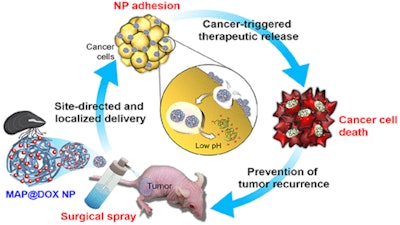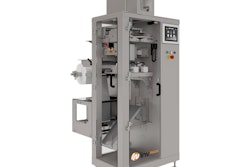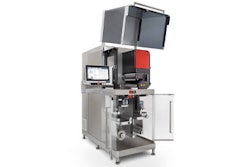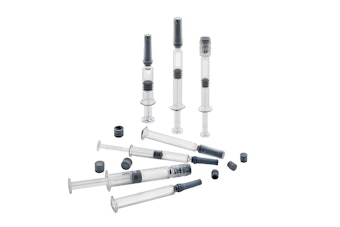
A recent Geek.com article discussed the latest in chemotherapy advancement: a nanoparticle-based spray. A team led by a Technology professor at Pohang University of Science in South Korea took inspiration from marine mussels that produce their own adhesive “glue” to attach to underwater rocks. The researchers were able to engineer their own version of these adhesive proteins called MAPs).
The MAPs contain components that make it possible for drug-carrying nanoparticles to enter and kill cancer cells and spare the healthy ones. This is because the drug release is pH-responsive, meaning the highly toxic drugs, such as doxorubicin, stay enveloped in the nanoparticles until they reach an acidic destination. Perhaps the best part of this localized method is the avoidance of adverse side effects such as hair loss, weight change, and fertility complications.





















